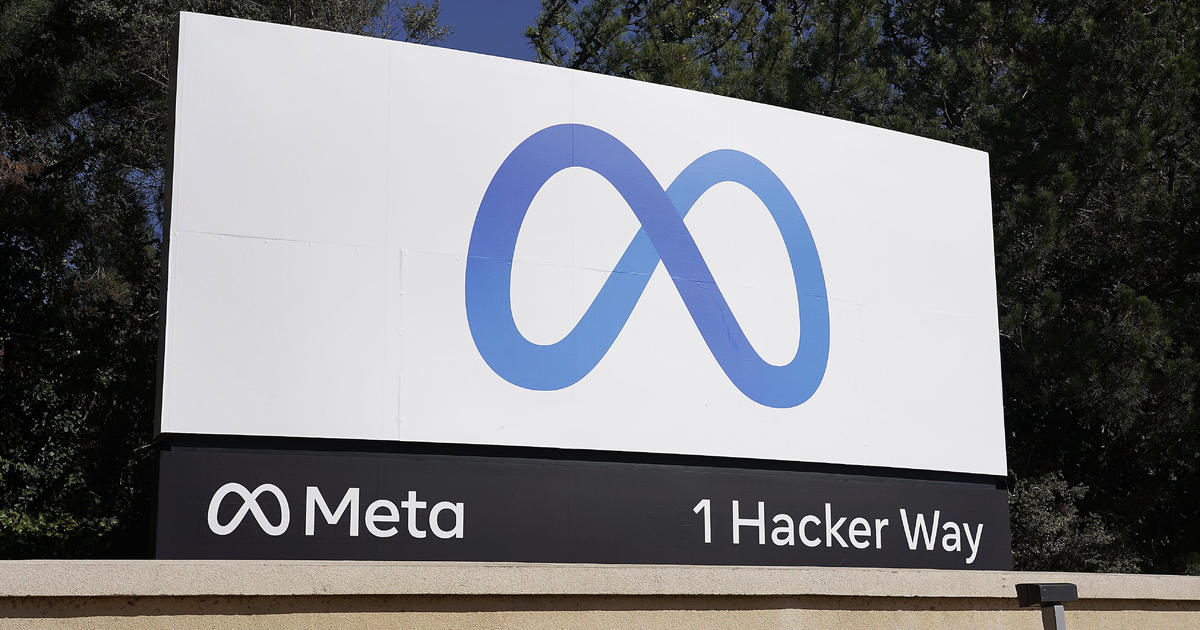What Happens If You Don't File A Tax Return?
Most individuals should file a U.S. tax return by April 15th of each year to the Internal Revenue Service. If an individual owes taxes and misses the deadline, the IRS can impose various penalties. If an individual does not owe taxes or is entitled to a refund, missing the deadline may still be a problem.
What if I don't owe taxes?
Taxpayers who do not owe taxes should still file a tax return by the deadline. First, you may be entitled to a refund and missing a potential payment from the government is a penalty in and of itself. Next, you may also be entitled to the Earned Income Tax Credit which is paid to many individuals who have earned income from employment or self-employment; the Earned Income Tax Credit will not be paid if you do not file a tax return. At some point, the IRS may file a "substitute return" for you and the IRS may then believe that you do owe taxes.
Substitute Return
The IRS can file a "substitute return" on your behalf. They will use any information they have regarding your income for the year, such as the income reported by your employer or any interest or dividends from financial institutions. Unfortunately, they will probably not include other information that would reduce your taxable income such as charitable contributions, educational or childcare expenses, or mortgage interest. Consequently, the IRS will think you owe much more than you really do, and they will impose penalties and interest on top of that amount.
The IRS can then begin to collect that amount by seizing your bank account, reaching into your paychecks or even filing a tax lien on any real estate you own. They can impose these levies just days after they demand payment from you. Even if you cannot afford to pay their taxes by the deadline, simply filing a return may reduce the amount of taxes you owe.
What else can happen if I don't file a tax return?
The United States Code sets forth civil and criminal penalties for those who do not file tax returns on time. The Internal Revenue Code section 6651 allows the IRS to impose a penalty of 5% of the taxes that would have been due on the tax return for every month the tax return is late, to be capped at 25%. This is a civil penalty and may be imposed whether or not the failure to file was willful or fraudulent. If it is found that a failure to file is fraudulent, the penalty will increase to 15% of the tax for each month, and can be as high as 75% of the total tax.
Section 7203 provides criminal penalties for those who willfully fail to either file their tax return or pay their taxes on time. In addition to the civil penalties listed above, the taxpayer may be found guilty of a misdemeanor and may be fined up to $25,000 and/or sentenced to prison for up to one year.
What if I can't pay the taxes I owe?
If you can't pay the taxes you owe by April 15th, the IRS may have options for you. You can enter into an installment agreement with the IRS which will allow you to pay your taxes a little at a time over several months. If they consider you unable to pay, they may be able to delay the amount due altogether. As a last resort, you may consider an "Offer in Compromise" which settles your debt for less than the full balance.
(About the author: Stephen M. Moskowitz is the Senior Partner of Moskowitz LLP, located in San Francisco. His practice of over 30 years covers the entire spectrum of tax law for individuals and businesses.)



